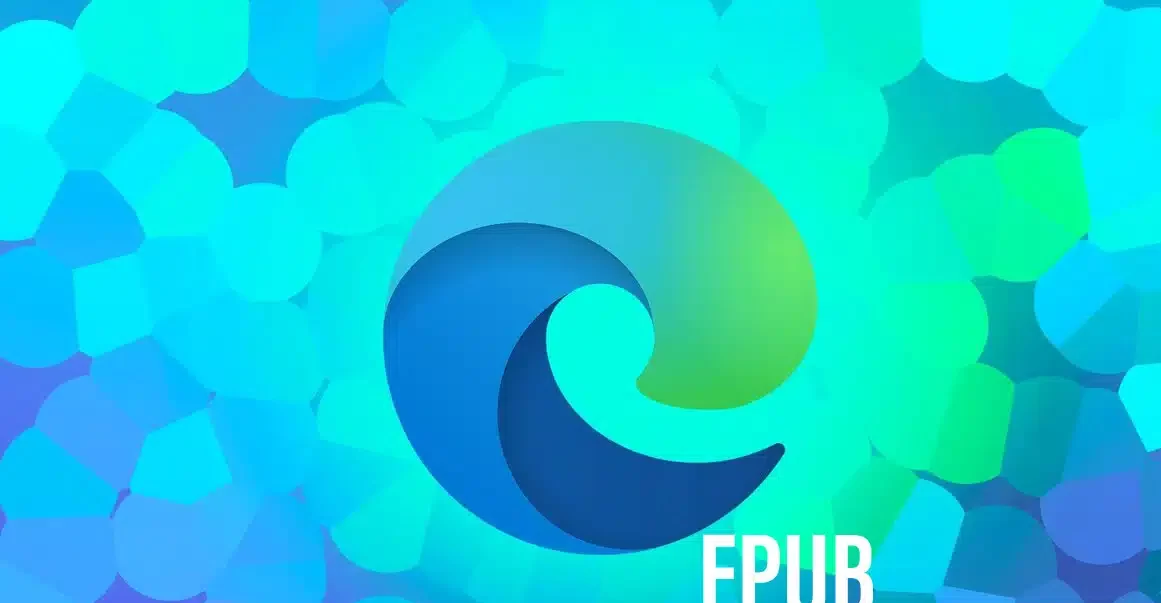In a significant development, Microsoft has announced that its Edge browser will now support the display of EPUB eBooks, a popular electronic book format widely used for digital publications. This move comes as part of Microsoft’s continuous efforts to enhance the capabilities of its web browser and provide users with a more versatile and integrated reading experience. In this exclusive report, we will delve into the details of Microsoft Edge’s new EPUB support, explore the implications for readers and authors, and discuss how this feature aligns with the broader trends in the digital publishing industry.
The Growing Popularity of EPUB:
EPUB (Electronic Publication) is a widely adopted open standard for eBooks. Developed by the International Digital Publishing Forum (IDPF), EPUB offers a versatile format that allows content to be displayed optimally across different devices and screen sizes. Its popularity is attributed to its reflowable nature, which enables text and images to adjust dynamically to fit various screen dimensions, making reading on different devices seamless and user-friendly.
EPUB Support in Microsoft Edge:
With the new update, Microsoft Edge is expanding its capabilities by enabling native support for EPUB eBooks. This means that users can directly open and read EPUB files within the browser, eliminating the need for additional eBook reader applications. The integration aims to simplify the reading experience for users who frequently access digital content online.
Enhanced Reading Experience:
By supporting EPUB eBooks, Microsoft Edge enhances its appeal as a versatile reading platform for digital content. Users can now access and read eBooks directly within the browser, providing a seamless reading experience without the need to switch between different applications. This feature may appeal to users who prefer an all-in-one solution for both web browsing and digital reading.
Accessibility and Inclusivity:
The addition of EPUB support aligns with Microsoft’s commitment to accessibility and inclusivity. EPUB’s reflowable design ensures that content can adapt to various screen sizes and assistive technologies, making it easier for users with visual impairments or reading difficulties to access digital books in a more accessible format.
Implications for Publishers and Authors:
The integration of EPUB support in Microsoft Edge has implications for publishers and authors in the digital publishing industry. With more users able to access and read EPUB eBooks directly in the browser, publishers may experience increased readership and engagement with their digital content. Authors, too, may find their work reaching a broader audience through this seamless reading experience.
Increased Competition in the eBook Market:
The addition of EPUB support in Microsoft Edge signals the browser’s entry into the eBook market, which has long been dominated by dedicated eBook reader applications and eReaders. As a web browser with a significant user base, Microsoft Edge has the potential to attract users who prefer a unified reading and browsing experience, thereby increasing competition among eBook reading platforms.
Cross-Platform Reading:
The benefit of EPUB’s reflowable design is its ability to be read across various devices and platforms. With EPUB support in Microsoft Edge, users can access and read their eBooks on Windows PCs, tablets, and mobile devices with ease, without the need for additional software installations.
Integration with Microsoft Store:
Microsoft Edge’s EPUB support is expected to integrate with the Microsoft Store, allowing users to discover and download eBooks directly within the browser. This seamless integration may lead to a more streamlined eBook shopping experience for users, while also providing a new distribution channel for authors and publishers.
Advancing Edge’s Feature Set:



